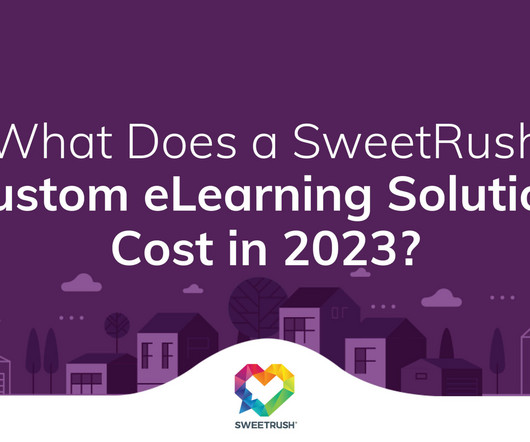The Right Place to Find Help: ASTD's Big Question
Kapp Notes
NOVEMBER 12, 2008
This month's ASTD Big Question on the Learning Circuit's Blog is about Social Networking and finding help and expertise if you have a question or a concern for which you need input and/or advice. The basic question is " If you need input from people, where's the best place to ask?"








































Let's personalize your content